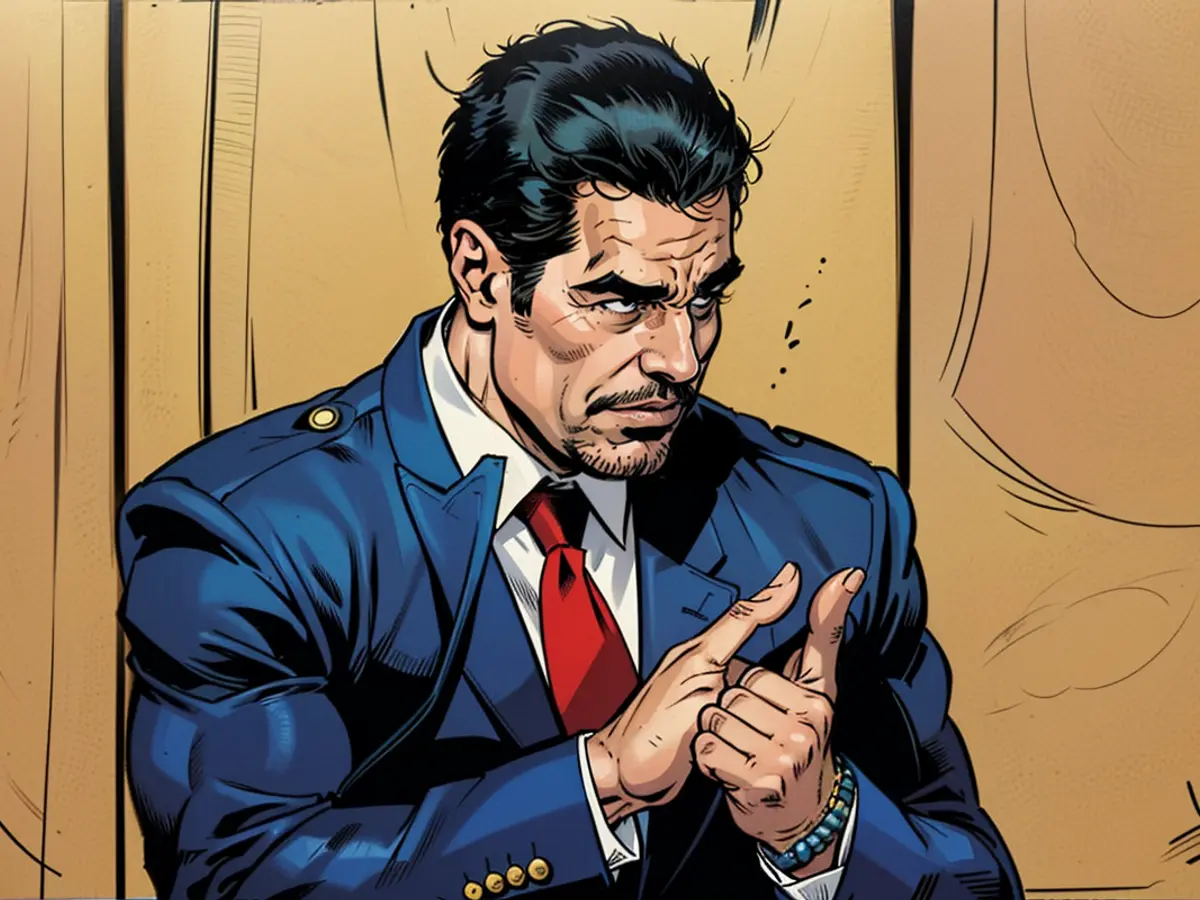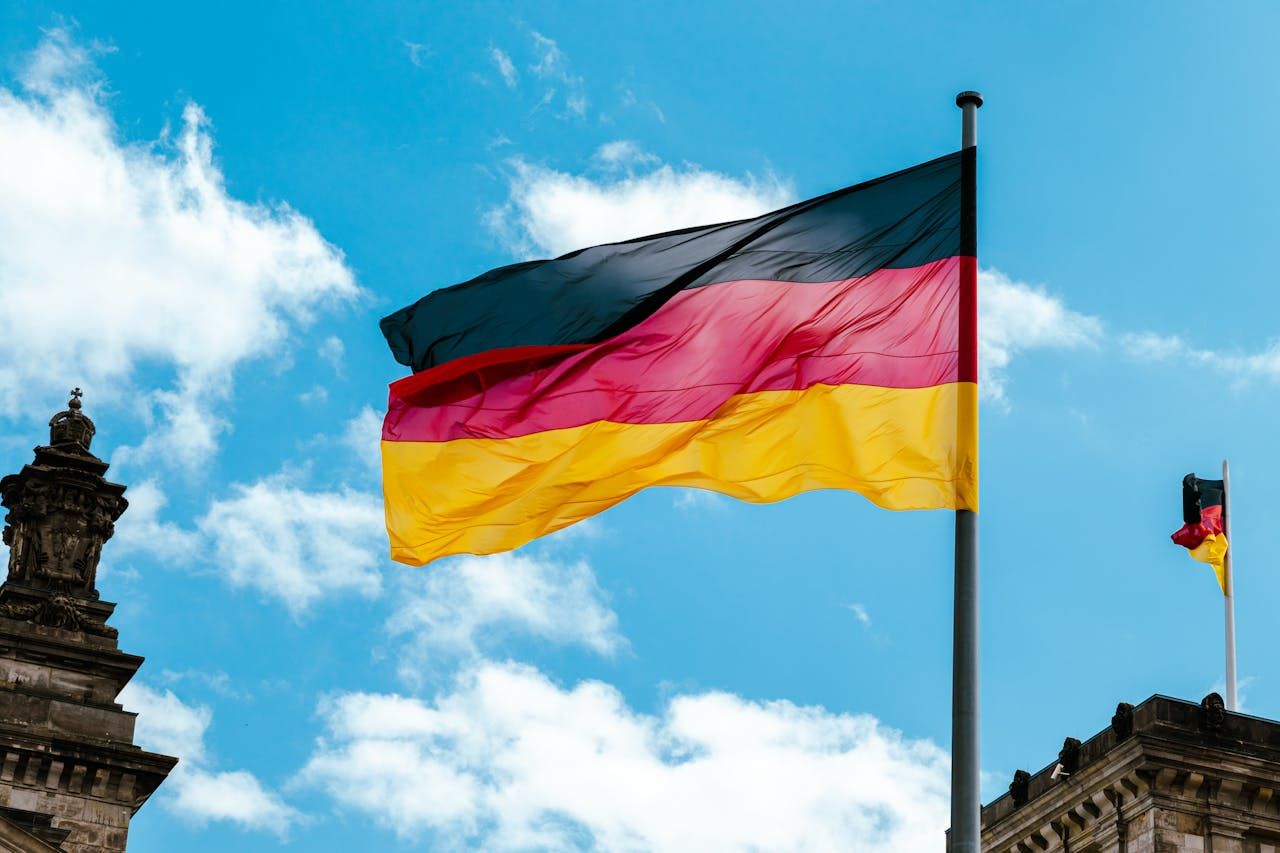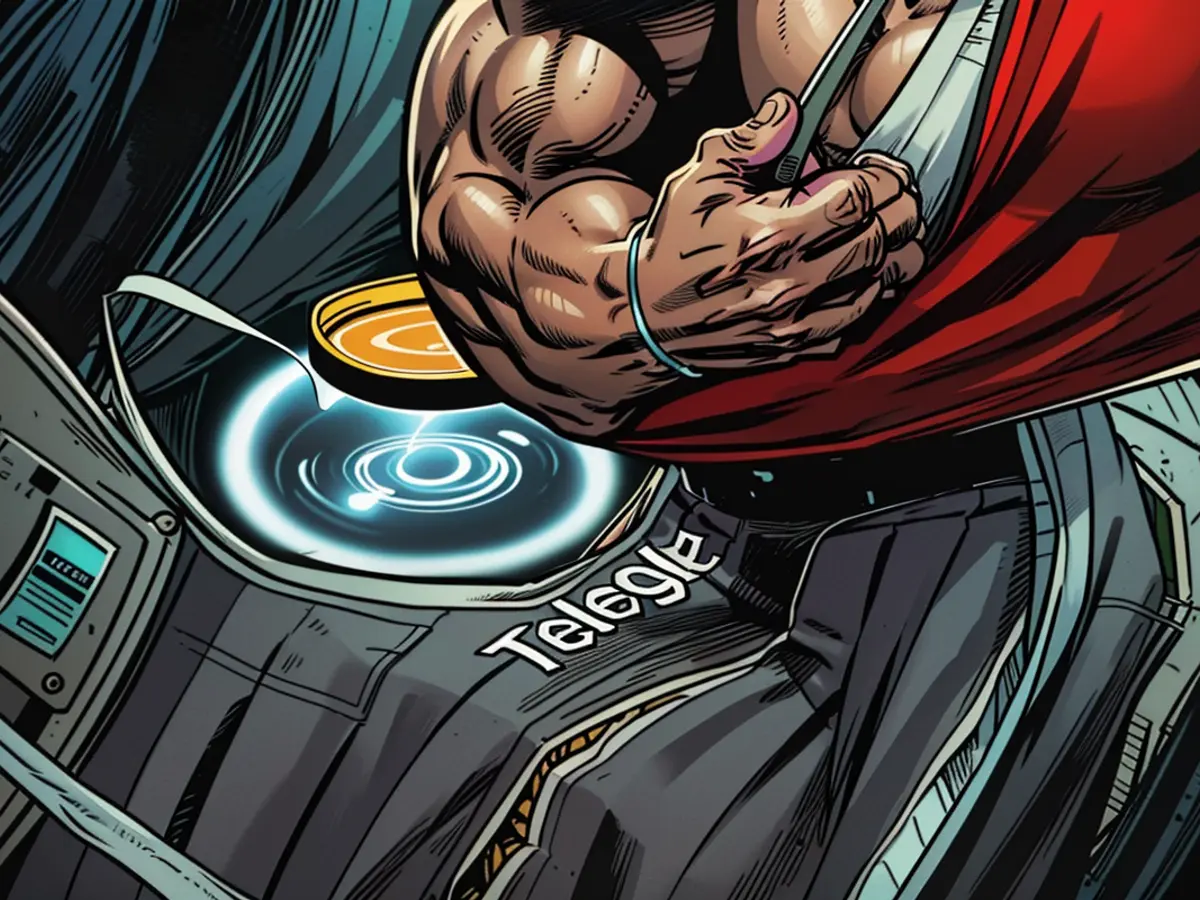Maduro hat die Wahlen in Venezuela verloren.
Viele Staaten erkennen die Wiederwahl von Nicolás Maduro in Venezuela nicht an und betrachten Edmundo González als den wahren Sieger. Eine Analyse der Stimmzettel unterstützt diesen Anspruch. Das Ergebnis ist somit klar.
Laut einer Analyse der Nachrichtenagentur AP erhielt der venezolanische Oppositionsbewerber Edmundo González bei der Präsidentenwahl am 28. Juli deutlich mehr Stimmen als von der Regierung behauptet. Dies wirft weitere Zweifel auf den offiziellen Sieg, den das vom Regierung nahestehende Wahlkomitee für den Amtsinhaber Nicolás Maduro verkündete.
Die Nachrichtenagentur AP verarbeitete fast 24.000 Bilder von Stimmzetteln, die von der Opposition am Freitag veröffentlicht wurden und 79% der Wahlmaschinen darstellen. Die Stimmenzählungen waren mit QR-Codes für jedes Protokoll verschlüsselt. AP entschlüsselte diese Codes, analysierte die Zahlen und zählte 10,26 Millionen Stimmen. Laut diesen Zahlen erhielt González 6,98 Millionen Stimmen, während Maduro 3,13 Millionen erhielt.
Das Nationale Wahlkomitee erklärte Maduro am 29. Juli zum Sieger, veröffentlichte jedoch keine einzelnen Ergebnisse von Wahllokalen. Am Freitag veröffentlichte es aktualisierte Ergebnisse, wonach Maduro 6,4 Millionen Stimmen und González 5,3 Millionen erhalten haben soll. Der Präsident des Wahlkomitees, Elvis Amoroso, führte die späte Aktualisierung auf "massive Angriffe" auf die "technologische Infrastruktur" zurück.
USA sehen "überwältigende Beweise"
González und Oppositionsführerin María Corina Machado hatten bereits am Montag nach der Wahl erklärt, dass die Opposition Stimmzettel aus Wahllokalen im ganzen Land sichergestellt habe, wonach Maduro klar verloren habe. Tausende von Oppositionsunterstützern gingen auf die Straße. Die Regierung behauptete, dass Hunderte von Protestierenden festgenommen worden seien.
Several countries, including governments close to Maduro politically, questioned the result and demanded that Venezuela publish individual results. Maduro then called on the Supreme Court of the country to review the election results. However, the court is also considered government-loyal and not credible.
Brazil, Colombia, and Mexico tried to convince Maduro to allow an impartial review of the election results. The governments of the three countries called on the Venezuelan electoral authorities in a joint statement to "move swiftly and publish detailed election data."
The US government stated that there was overwhelming evidence of a victory for González. Meanwhile, Russian parliament speaker Vyacheslav Volodin said that Russian election observers had witnessed Maduro's legitimate election victory. The US attempted to stir up tensions in the country.
Maduro beschimpft González
The president of the Supreme Court, Caryslia Rodríguez, called on the presidential candidates and their parties to provide all necessary documents while the court tries to review the results.
Maduro used the opportunity to label González "the candidate of fascism" and promised to hand over all vote counts. Later, Maduro and his campaign manager, President of the National Assembly Jorge Rodríguez, attempted to discredit the tally sheets published online by the opposition by arguing that they lacked the signatures of the representative of the electoral council, the poll workers, and the party representatives.
The opposition initially offered voters the opportunity to view scanned copies of the tally sheets online. After criticism and threats from Maduro and his inner circle, the campaign team made the scans public.
Tally sheets, known as "actas" in Spanish, resemble long receipts. They have long been considered the ultimate proof of election results in Venezuela. The AP could not independently verify the authenticity of the 24,532 tally sheets provided by the opposition. 96% of the sheets could be analyzed. The remaining 4% of scans were too poor to be analyzed.
In response to the AP's analysis showing Edmundo González receiving a significant number of votes, the National Electoral Council, led by President Elvis Amoroso, attributed the late update of the election results to "massive attacks" on the "technologische Infrastruktur." Nevertheless, the President of the Republic, Nicolás Maduro, remained adversarial towards González, labeling him as "the candidate of fascism."
Given that several countries questioned the official election results and demanded the publication of individual results, the US government publicly declared its belief in an overwhelming victory for Edmundo González, thereby challenging Maduro's claim of victory.







